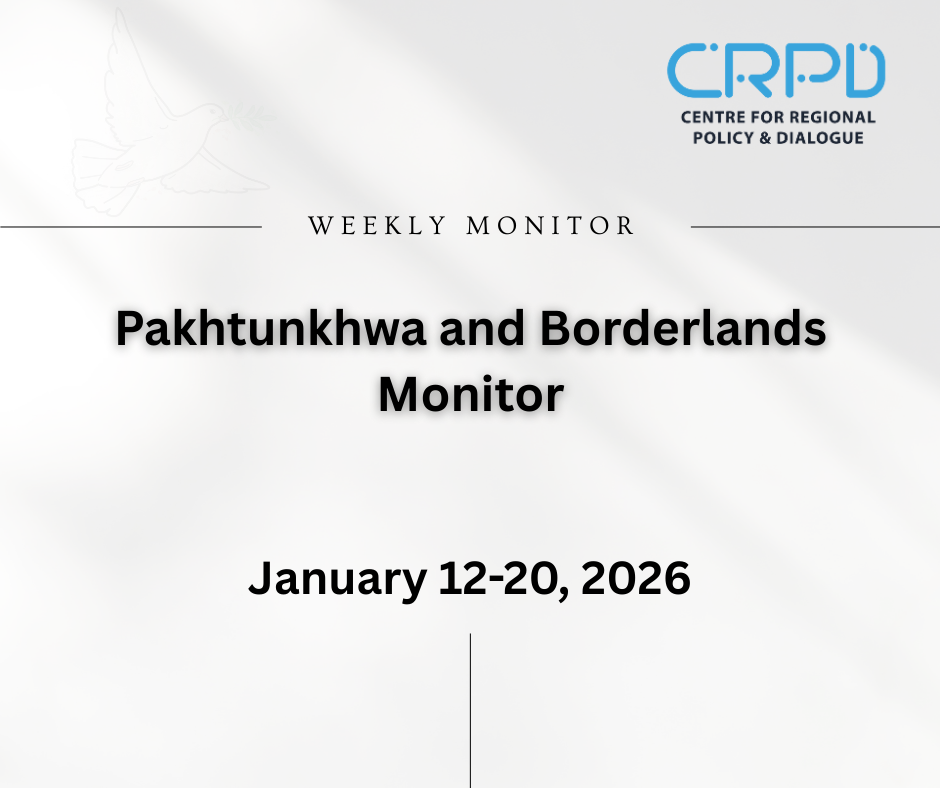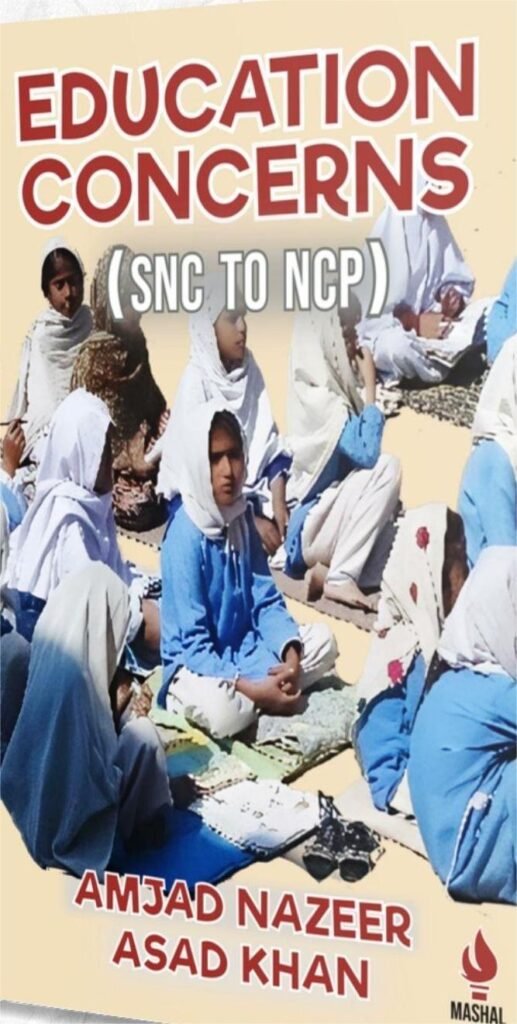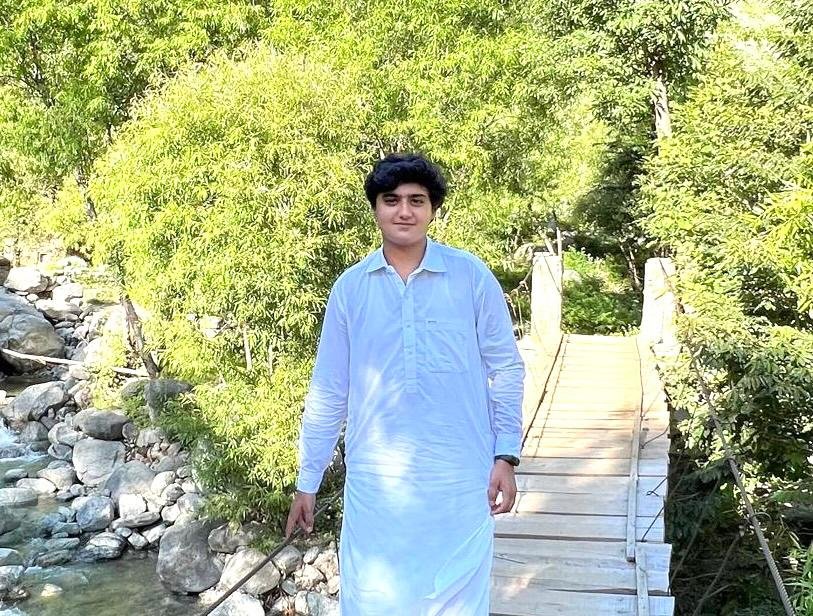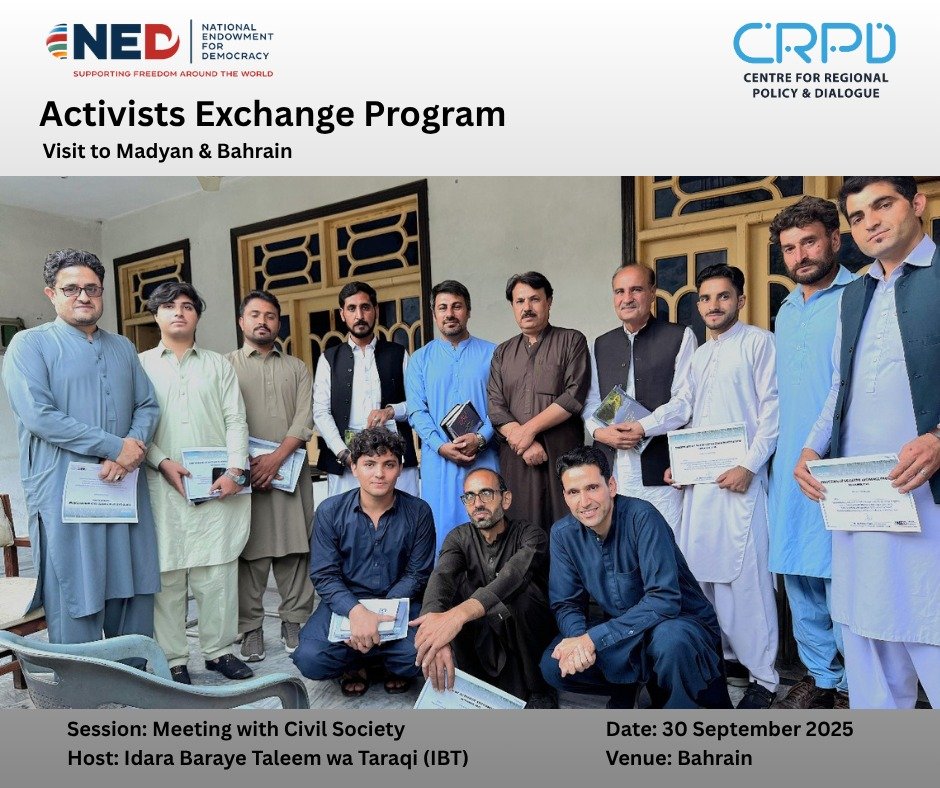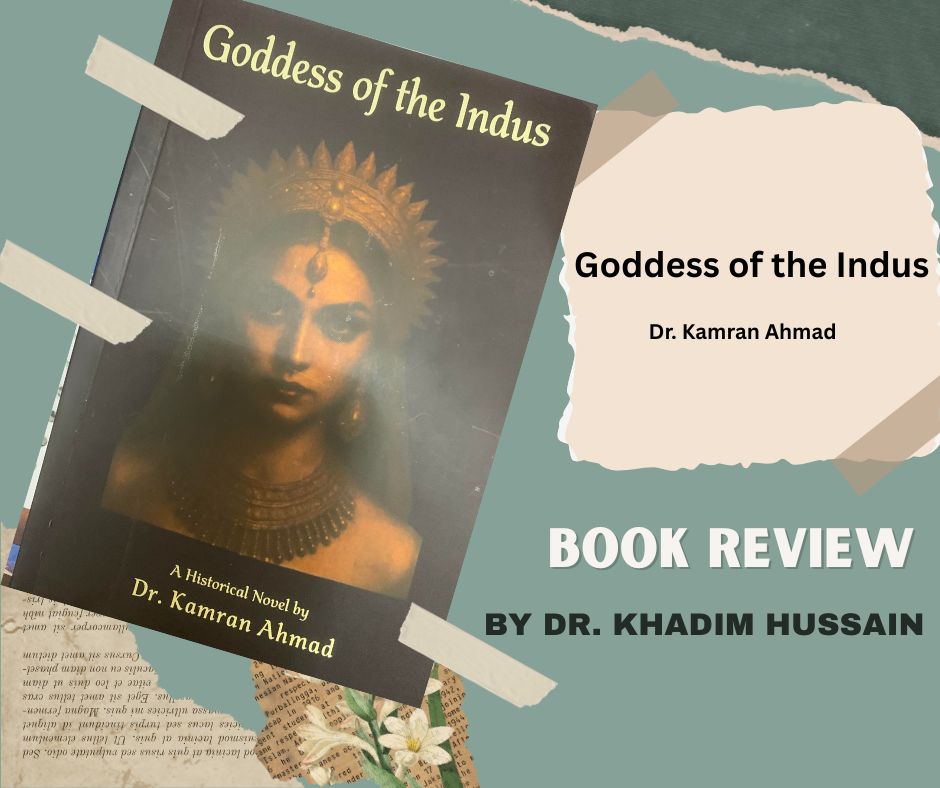By Khadim Hussain
The concept of democracy is built on the fundamental principle that calls for respect for human beings and believes in the notion of human dignity and participation in the decision making processes in all facets of life. The second most essential principle of democracy is pluralism: equal citizenry without any room of discrimination on the basis of color, cast, creed or gender. The two interlinked foundational principles for democracy have to be built both in the value system and the structures of the state and society.
Respect for human dignity demands respect for different opinions living in the society and exhibiting tolerance for diversity. People from different backgrounds have different concerns and interests, hence, inclusive dialogue is required so that they are able to articulate their issues and represent their respective communities. The inclusion; accommodation of different viewpoints is what actually adds immense value to the national discourse as well as lends a great power to the concept of democracy. Rejecting the diversity of opinions is absolutely contrary to democracy. Celebration of diversity strengthens democracy and fosters social cohesion in the society. Failure to celebrate diversity can lead to disintegration of and conflict in the society. Therefore, only through the fundamental principles of democracy – including human dignity, pluralism and diversity, can democratic system develop, prosper and continue. The structure of democratic system is based on these fundamental principles and ideals of democracy.
The democratic principles are enshrined in the constitution vide core constitutional values – like respect for fundamental human rights and different opinions, tolerance for diversity, equality and adherence to rule of law. These all are the most essential prerequisites for social peace and cohesion. Deviation from constitution and giving up on rule of law can jeopardize democracy and lead to conflict. Only a democracy can ensure across the board accountability and rule of law where everyone is equal before to law. One of the ways it empowers its citizens is through equal distribution of resources among them in an impartial manner. Discrimination in the allocation of resources between center and periphery, between nationalities, among genders and between rural and urban populations contradicts the fundamental principles of democracy.
The legislature, executive and judiciary should only commit to their respective domains of legislation, execution and adjudication and violation of their constitutional limits will take an ultimate toll on democracy. The menace of Elitism is detrimental to the nourishment of democracy. Elitism, centralization and use of religion for political interests have dented democracy severely in Pakistan. Till parliament is accepted and acknowledged as supreme which forms and approves all foreign, internal and security policies, decolonization happens in all state structures and human security becomes pivot of the state narrative, democracy cannot take roots in Pakistan.
The writer is Provincial Culture Secretary of Awami National Party (ANP) and can be reached on khadimhussainpajwak@gmail.com
